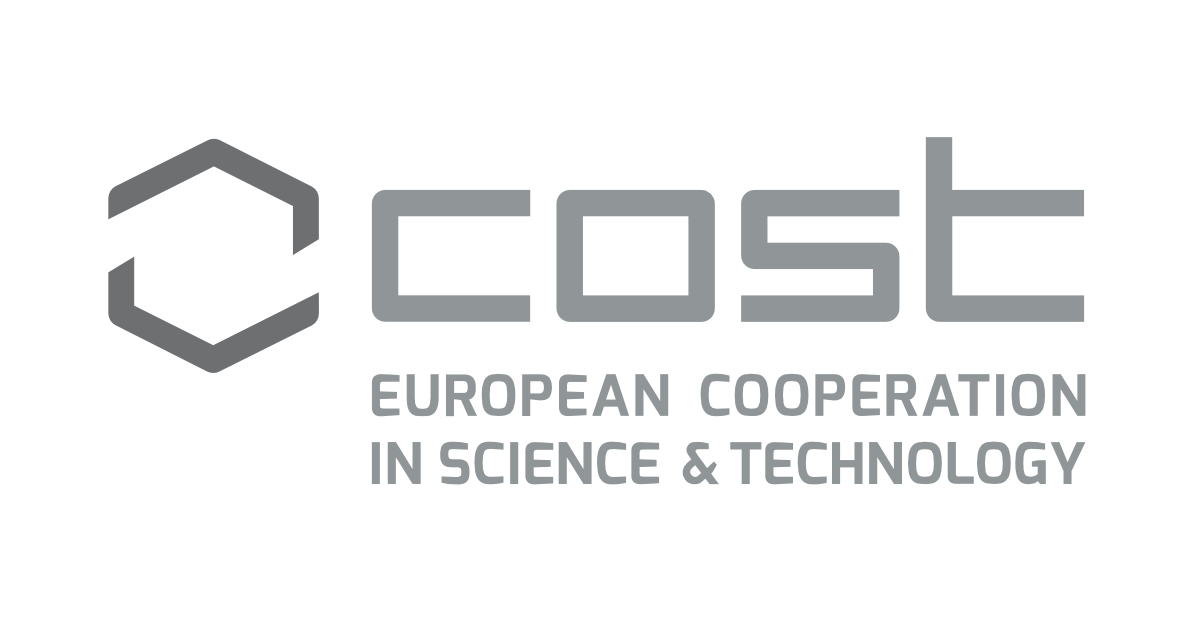The main objective of this Action is to improve the knowledge on wood mechanical and physical behaviour and its chemical degradation during Thermo-Hydro-Mechanical (THM) processing, and its application to wide-ranging wood treatment systems. This Action will help overcome challenges related to the scaling-up of research findings and full industrial production, optimising processing conditions, improving product properties and developing innovative product ranges from the understanding of THM processing.
The polymeric components of wood and its porous structure allow its properties to be modified under the combined effects of temperature, moisture and mechanical action – so-called Thermo-Hydro-Mechanical (THM) treatments. Various types of processing techniques, including high temperature steam with or without an applied mechanical force, can be utilised to enhance wood properties, to produce eco-friendly new materials and to develop new products. During these THM treatments, wood undergoes mechano-chemical transformations, which depend upon the processing parameters and material properties. An investigation of these phenomena requires collaboration between groups from different wood disciplines; however, to date research has been rather fragmented. This COST Action aims to apply promising techniques in the fields of wood mechanics, wood chemistry and material sciences through an interdisciplinary approach to improve knowledge about the chemical degradation and mechanical behaviour of wood during THM processing. This will help overcome the challenges being faced in scaling-up research findings, as well to improving full industrial production, process improvement and the enhancement of product properties and the development of new products.
Chemical degradation and mechanical behaviour - wood chip-less manufacturing - scaling-up and full industry production - experimental and computational methods - optimising of processing conditions
